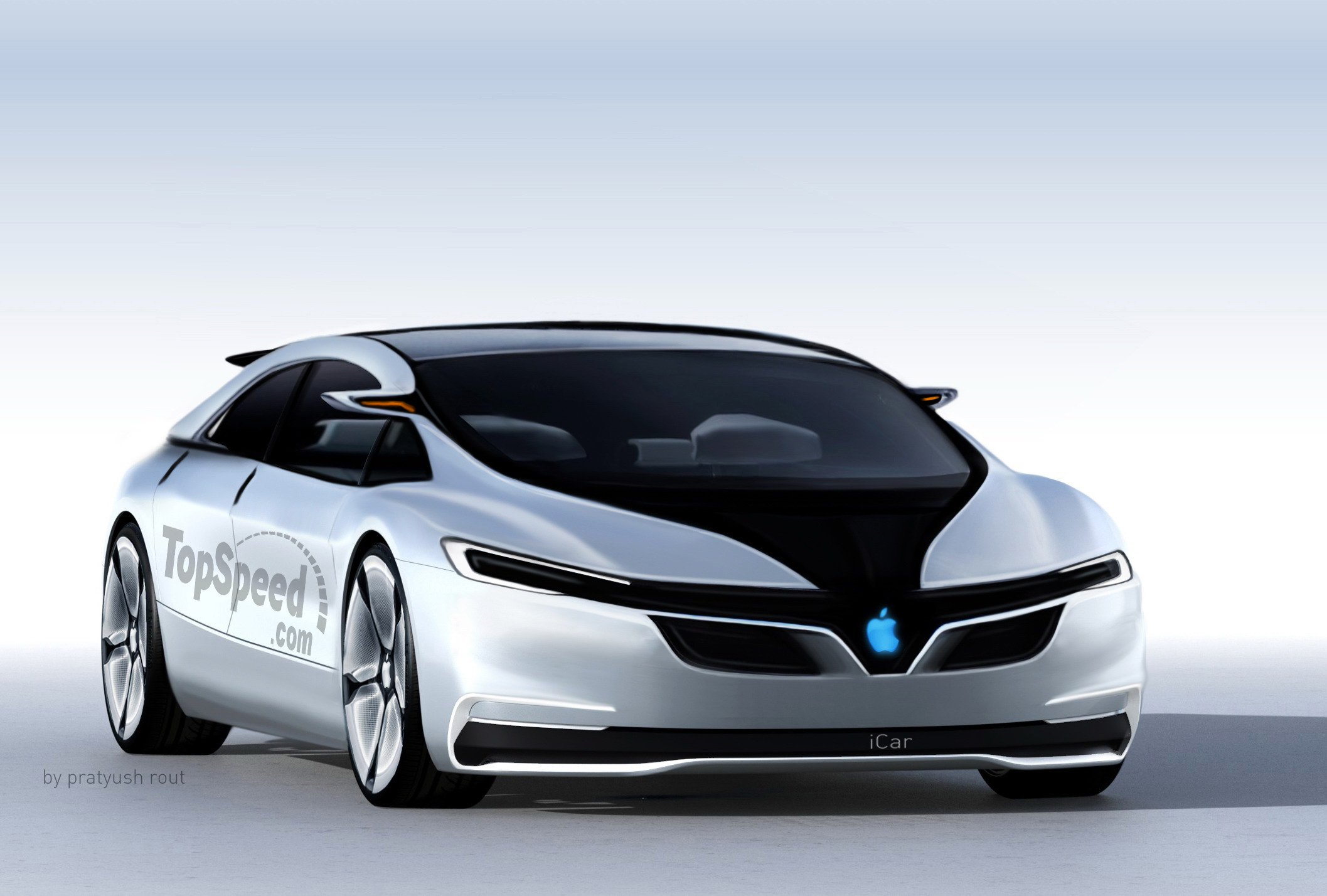Apple Car rumors have persisted since late 2014, having intensified with a flurry of reports saying Apple held talks with several potential manufacturers lately. Although an Apple Car is unlikely to become a reality before at least 2025, that hasn’t stopped fans from dreaming up what an Apple-branded vehicle would feel like. But there’s a problem with Apple building a car.
The problem with Apple building a car
I haven’t given it much thought until I read today’s insightful edition of the Monday Note column by ex-Apple engineer Jean-Louis Gassée. In it, he posits that costs involved in required distributing and servicing a car might prove prohibitive even for a company of Apple’s size.
Here’s what immediately jumped out:
This says nothing of the sales and marketing expenditure — after the gross margin — that’s required to distribute and service a car. To belabor the obvious, it’s one thing to sell and service a $1,000 iPhone or a $2,000 to $5,000 computer. Existing Apple Stores can’t diagnose and fix a complicated, heavily regulated product for which the customer has paid upwards of six figures. You would need different facilities, different people, a different culture.
The very thought of Apple building an automobile sounds ridiculous.

After all, Apple is a technology company — only it isn’t. Apple is a lifestyle company and its brand is perfectly tailored for a mass consumer product like a car.
Go big or go home
According to JP Morgan analyst Samik Chatterjee’s thoughtful write-up, titled “Go Big Or Go Home”, the automobile industry’s total addressable market is now approaching $2.5 trillion. Compare that figure with the total addressable market for smartphones, which is about $420 billion, and you’ll see why Apple might be interested to enter this space.
Apple could employ the same tactics that have turned the iPhone into the most profitable product. As Jean-Louis says, Apple could be “shooting for a minority share of the market but a majority portion of the profits, just the way it does in the ‘smaller’ smartphone space.”
That implies an Apple premium, which is expected if Apple’s product strategy in the past decades is any indication. But as independence analyst Horace Dediu observes, we can’t have twice the cars, we can’t double the price and we cannot make cars twice as profitable easily.
Sounds like a problem in a need of an elegant solution from a certain California firm.